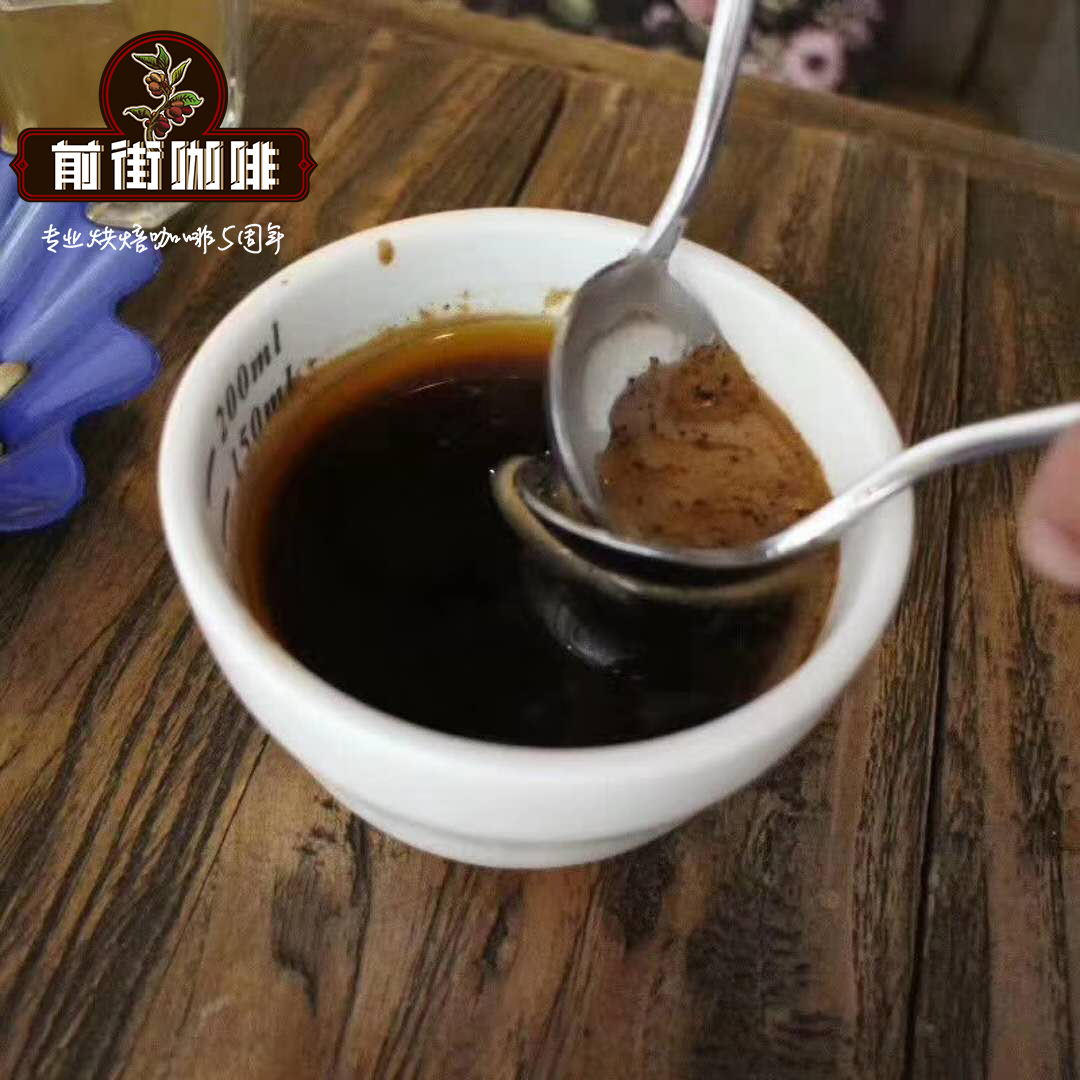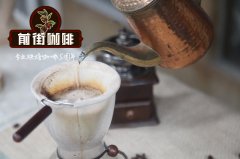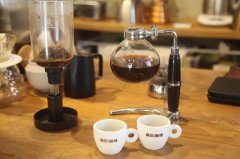What kind of Java coffee is it? how to brew Java coffee beans? how many packets of Java coffee beans?

Professional coffee knowledge exchange more coffee bean information please follow the coffee workshop (Wechat official account cafe_style)
Java coffee bean attribute: the bitter taste after fried is its main taste, the fragrance is very light, and can not feel sour taste. Mixer coffee or instant coffee is the most commonly used.
Origin: Java, Indonesia!
With an area of 7% but 35% of the country's population, Indonesia is the first island in the Indonesian archipelago to be developed by Dutch companies. A coffee tragedy in the mid-1970s transformed the status of Java in the hearts of coffee lovers. Local coffee farms have cut down all the excellent coffee trees of Elaraby (Arabica), which are less productive and vulnerable to insect pests, and plant sturdy beans with large yields and easy to take care of (Robusta Robusta). As a result, the excellent coffee that was popular all over the world at that time almost disappeared from the world. Today, there are only six state-owned farms on the island that are owned and managed by the government, and they still grow the traditional excellent Elaraby coffee trees in Java. Thanks to these state-owned farms, we still have a chance to taste the only remaining, Java Arabica coffee, which is already extremely limited.
When it comes to Indonesian coffee, we must not miss the high-end Mantenin of Sumatra, which has a unique fragrant taste, slightly acidic taste and can be said to be the best in the world. In addition, Arabian coffee produced in Java is the favorite of Europeans, which is sweet in bitterness and sour in the middle of it, which lasts for a long time.
Java coffee beans are sometimes called Old Java. After the old government (the Old Government), Java coffee was guaranteed to be at least ten years old in the tropics and has become a household name. Old Java coffee had a good reputation before 1915, and the beans naturally evaporated during the long journey to New York, giving the beans a better evaluation when they arrived in New York. Java beans have a special musty taste and a rare light brown.
At present, the best Java coffee is produced in Preanger, Cheribon, Buitenzorg and Batava. Java coffee has a mature, delicate, gentle taste, as well as an almost imperceptible spicy aroma, strong and mellow. It is more fragrant after aging, but not much in Java.
Java is the area where coffee has been grown for the longest time outside the native place of coffee trees. The coffee tree was introduced to Java from Malabr in 1699 at the instigation of an Amsterdam mayor.
Coffee produced in Celebes, Renri, Flores and Timor in the Indonesian archipelago is also sold as Java coffee. These coffee beans are as good as Java beans, but fresh beans are small and not easy to buy.
In areas below 3500 feet above sea level, there is actually no sign of Arabica coffee because of leaf disease. at present, the strong species of Nobasta, Lieberita, and the hybrid of these two kinds of coffee trees are in very good condition.
Java coffee is produced on the Indonesian island of Java and belongs to Arabica coffee. After baking, the bitter taste is extremely strong and the aroma is very light, without sour taste. The bitterness and mellowness of Java coffee, coupled with the sweetness of chocolate syrup, make Java coffee more mellow and palatable and very popular with women!
Java coffee bean brand recommendation
Qianjie coffee roasted Indonesian honey treated West Java coffee beans are fully guaranteed in terms of brand and quality. And more importantly, the performance-to-price ratio is extremely high, a pack of 100 grams, the price is only about 250. According to the calculation of 15 powders per cup of coffee, six cups of coffee can be made in a bag, which costs only about 4 or 50 yuan per cup, which is very cost-effective for coffee shops to sell hundreds of yuan a cup.
Qianjie coffee: Guangzhou bakery, the store is small but a variety of beans, you can find a variety of unknown beans, but also provide online store services. Https://shop104210103.taobao.com
Important Notice :
前街咖啡 FrontStreet Coffee has moved to new addredd:
FrontStreet Coffee Address: 315,Donghua East Road,GuangZhou
Tel:020 38364473
- Prev

Java Coffee Variety Mystery _ how about Indonesian Java Coffee Bean Brand recommendation
For more information on coffee beans, please follow the coffee workshop (Wechat official account cafe_style) Java Coffee is sometimes called Old Java. After the old government (the Old Government), Java Coffee was guaranteed to be at least ten years old in the tropics and has become a household name. Old Java coffee had a good reputation before 1915, and coffee beans were in transportation.
- Next

The steps for siphon pots to boil water and wash Yegawaka? How does the siphon pot work? What are the siphons for making?
Professional coffee knowledge exchange more coffee bean information please follow the steps of the coffee workshop (Wechat official account cafe_style) siphon pot to boil and wash Yegawaka? How does the siphon pot work? What are the steps of making siphon? Siphon pot is not only beautiful in shape, but also a kind of visual enjoyment in operation. Siphon coffee is the best way to show the flavor of coffee, highlighting different kinds of coffee.
Related
- Detailed explanation of Jadeite planting Land in Panamanian Jadeite Manor introduction to the grading system of Jadeite competitive bidding, Red bid, Green bid and Rose Summer
- Story of Coffee planting in Brenka region of Costa Rica Stonehenge Manor anaerobic heavy honey treatment of flavor mouth
- What's on the barrel of Blue Mountain Coffee beans?
- Can American coffee also pull flowers? How to use hot American style to pull out a good-looking pattern?
- Can you make a cold extract with coffee beans? What is the right proportion for cold-extracted coffee formula?
- Indonesian PWN Gold Mandrine Coffee Origin Features Flavor How to Chong? Mandolin coffee is American.
- A brief introduction to the flavor characteristics of Brazilian yellow bourbon coffee beans
- What is the effect of different water quality on the flavor of cold-extracted coffee? What kind of water is best for brewing coffee?
- Why do you think of Rose Summer whenever you mention Panamanian coffee?
- Introduction to the characteristics of authentic blue mountain coffee bean producing areas? What is the CIB Coffee Authority in Jamaica?

